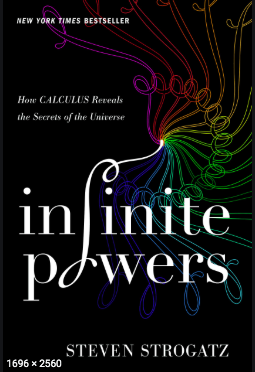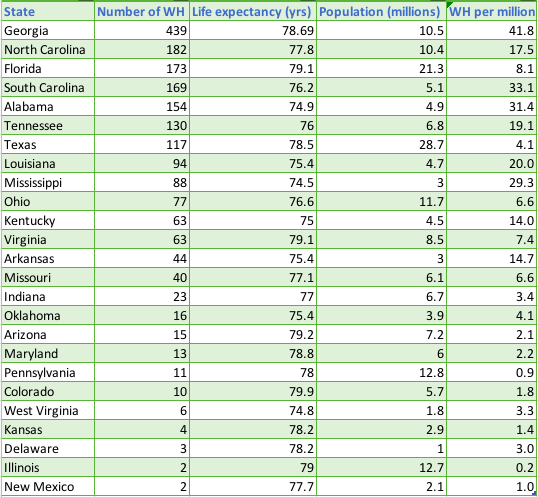Resource: The Joy of X podcast, “John Urschel, From NFL Player to Mathematician.” February 25, 2020.
In this podcast, Steven Strogatz inteviews John Urschel, former NFL player (offensive line for Baltimore Ravens) who retired after three years to pursue a doctorate in mathematics at M.I.T.
The interview begins with early influences in Urschel’s life which prepared him for both a career in mathematics and a career as a football player. His mother played games with him and bought him numerous puzzles and books. She also defended him against a principal who thought he was mentally challenged. (Turns out, he was extremely gifted.) He was also drawn to sports by both peer pressure and his father’s encouragement. This eventually led him to both a career in the NFL and acceptance into MIT’s PhD program.
He then discusses the tension that resulted when he tried to pursue both the NFL and his mathematical education. This tension eventually led him to end his football career so he could focus on mathematics.
After discussing Urshel’s current areas of study, the two finish with suggestions for U.S. math education. Particularly, he discusses the importance of context in instruction. Historically, mathematics was discovered in an attempt to solve real-life problems that people were facing. Too often, this context is removed from instruction. They also discuss racial/gender inequalities in mathematics instruction.
This podcast is an amazing complement to Urschel’s book, Mind and Matter: A Life in Math and Football. (Full disclosure: I was given a free copy of this book by the publisher several months ago.) I believe both the podcast and the book could be useful resources to share with the student-athletes in our mathematics courses. The podcast and the book also provide examples of mathematical problems/ideas that are accessible to many high school students.
This podcast is available on iTunes and Spotify.
This post is in partial fulfillment of my TKES goal for the 2019-2020 school year.







You must be logged in to post a comment.